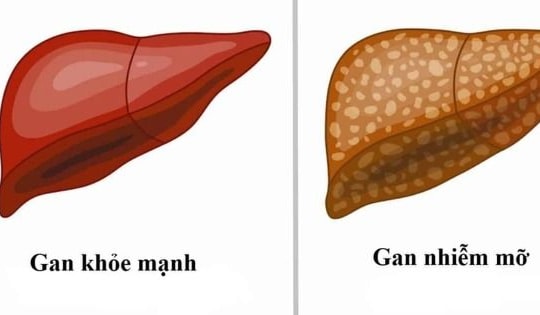Symptoms before sleep warn of heart disease
Have you ever had to move your legs constantly because of itching and pain at night?
Many of us can’t sleep well no matter how hard we try. For some, insomnia comes with a physical symptom called “restless legs.”
Experts warn that “restless legs” could be a sign ofheart disease.
Restless legs syndrome (RLS), also known as Willis-Ekbom disease, is a painful, uncomfortable feeling in the legs that causes the patient to move their legs constantly.
"Anyone who has ever experienced RLS knows it's a strange condition. As soon as you lie down, the urge to move your legs starts. No matter how hard you try, you can't stop it," says cardiologist Leslie Cho, MD.
RLS is a common condition.
Research published in the journal Archives of Internal Medicine estimates that up to 10% of adults in the US suffer from the syndrome, which causes discomfort throughout the legs as they fall asleep, forcing them to constantly fidget with their feet to relieve the pain.
Symptoms emanate from within the leg rather than on the surface and include restlessness, twitching, burning, and stiffness.
In most cases, the condition is mild, occurs infrequently, and has no known cause. In some cases, iron deficiency, kidney failure, pregnancy, spinal disease, and neurological disorders are the reasons.
 |
| Illustration: The Active Times |
The link between RLS and cardiovascular disease
An article in the Journal of the American Academy of Neurology found that women with RLS have a higher rate of death from cardiovascular disease. Those with RLS are twice as likely to have a stroke or heart attack as those without the condition.
"The link of RLS to heart disease andstrokestrongest in people who have RLS symptoms at least 16 times per month," said Dr. John W. Winkelman, of Harvard Medical School.
This is likely because many people with RLS also have a movement disorder called periodic limb movements of sleep (PLMS).
Most patients are unaware that they have PLMS because they move their legs while they are asleep. Research has shown that during this phase of movement, the patient's blood pressure increases significantly, which over time contributes to cardiovascular disease.
So, if you or a loved one has restless legs syndrome, get checked out to see if you're at risk for heart disease.





